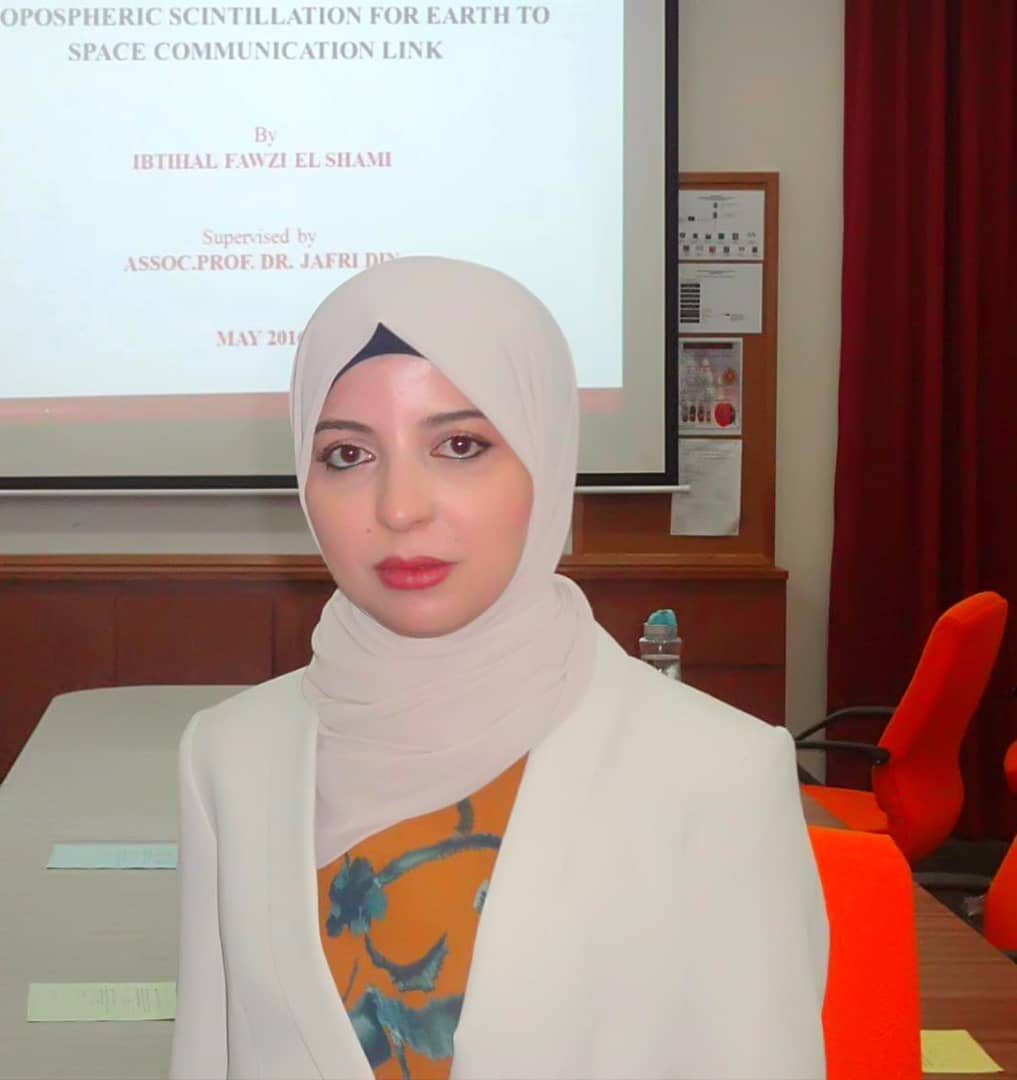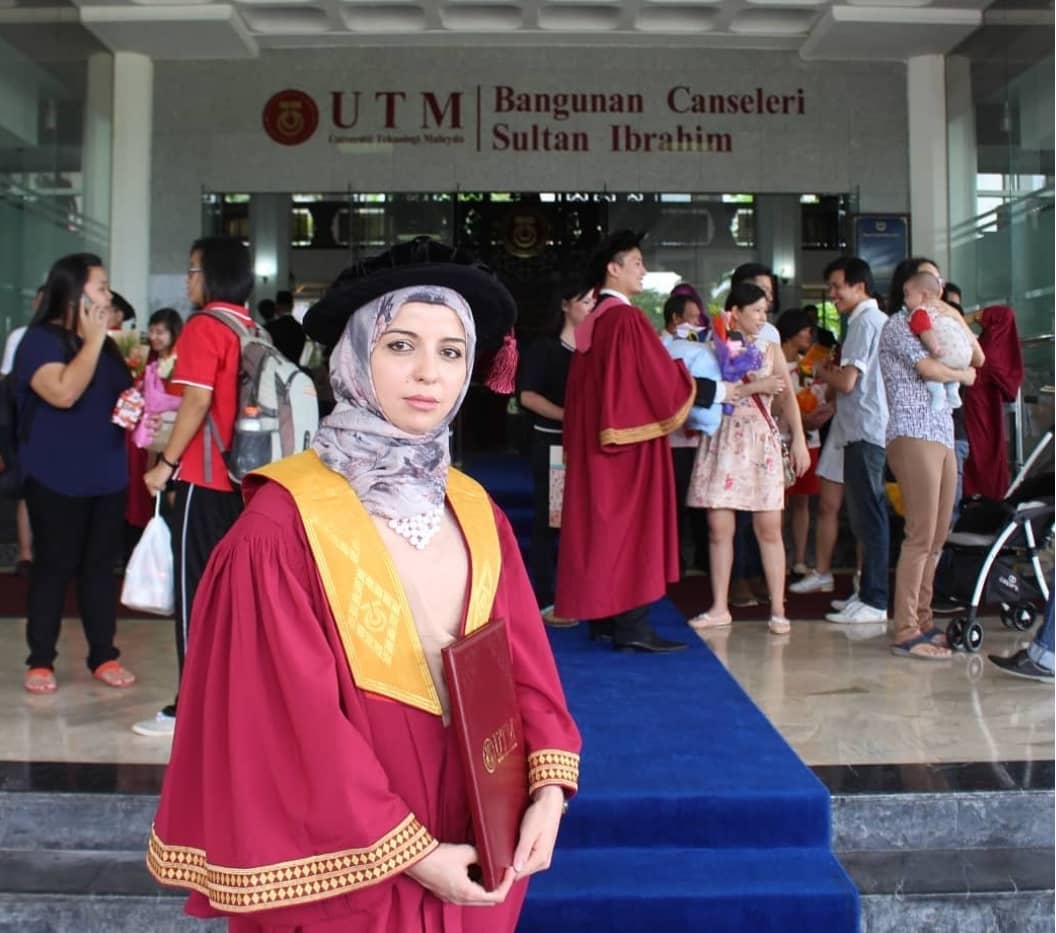Ibtihal Alshami developed KAAD, a substance reducing the resistance of the earth to allow for electric grounding of buildings. Locally produced, KAAD is an innovative way to ensure sustainable construction amidst Libya’s natural challenges. When the imports stopped due to COVID-19, electrical companies were at a loss to find the necessary material to ensure electrical soil grounding, a crucial technique in a country prone to all kinds of instability. “It is essential for hospitals, hotels, or electrical towers to have a sound and reliable system of electrical input and that is only possible through earth grounding. However, the resistance of the soil being very high, it is difficult and we need to find ways to reduce this resistivity.” With her husband, Ibtihal gathered local material and developed an anti-corrosive earth enhancing compound prototype that was first used by one electrical company before becoming a full-fledged product demanded by a myriad of local companies.
“Even after imports resumed, people were keener on using KAAD, not only because it is 60% cheaper, but also because they trust us and our locally sourced quality.” Her product was also noticed by international organisations, earning her awards in the EU-funded Raedat show for women entrepreneurs and the Women in Africa initiative. Combining her work as a researcher, a lecturer and superviser at unniversity, an electrical engineer and an entrepreneur, Ibtihal is nothing short of a superwoman. “I am not saying it is easy, but I want to give my daughter this example, and instill in her the belief that she can do anything she puts her mind to.”
“I do not want my daughter to have the idea than women are not as good as men.” She admits women do have to work more to prove themselves, especially in an environment where staying at home is encouraged. “But I always had the support of my husband, in every of the many projects I started. It was my great luck. But, in any case, I could never have stayed still!” she adds with a laugh.
Gallery



EU4PSL is a project financed by the European Union and implemented by Expertise France. It improves Libya’s business environment in order to generate economic growth and job opportunities in particular for the youth and women. It works with government authorities, civil society organizations and entrepreneurs. It paves the way for a country where the youth and women are able to create their own jobs and turn their dreams into businesses. EU4PSL project is part of European Union support to the private sector development in Libya, such as SLEIDSE project, which is also implemented by Expertise France.





























 Syria
Syria 